Protecting Your Skin: Essential Steps to Prevent Skin Cancer
5 Essential Steps to Prevent Skin Cancer.

Skin cancer is one of the most prevalent types of cancer worldwide.
Fortunately, many cases of skin cancer can be prevented through proactive measures.
By adopting healthy sun protection habits and making lifestyle choices that minimise risk factors, you can significantly reduce your chances of developing skin cancer.
Let's look at five important steps you can take to prevent skin cancer and maintain the health of your skin.
Understand the Risk Factors
To effectively prevent skin cancer, it's essential to be aware of the risk factors associated with its development.
Some key risk factors include:
- Sun exposure: Prolonged exposure to ultraviolet (UV) radiation from the sun, especially during peak hours, increases the risk of developing skin cancer.
- Fair skin: People with fair skin, light hair, and light-coloured eyes are more susceptible to the damaging effects of UV radiation.
- History of sunburns: Experiencing multiple sunburns, particularly during childhood, raises the risk of skin cancer.
- Family history: Individuals with a family history of skin cancer may have a higher predisposition to the disease.
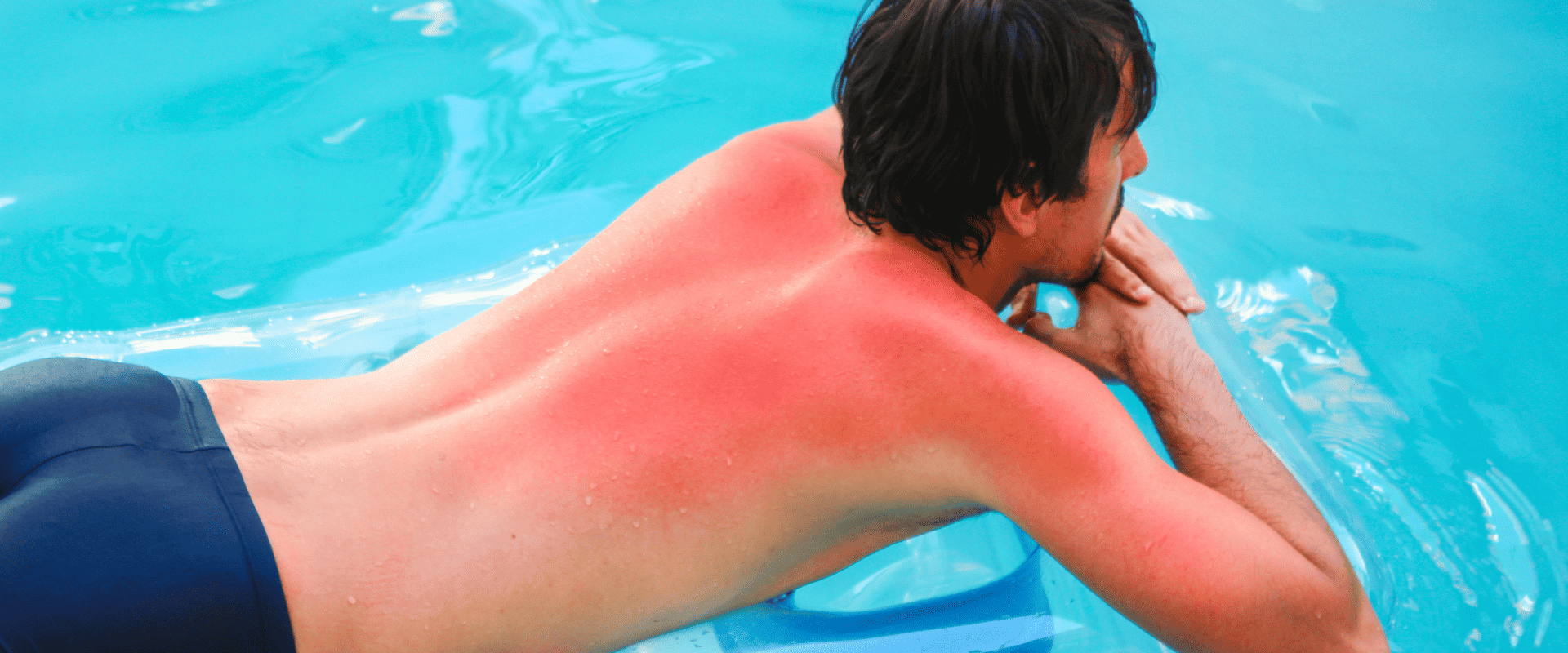
Practice Sun Protection
Sun protection is paramount in reducing the risk of skin cancer.
Here are some essential strategies to implement:
- Seek shade: Whenever possible, stay in the shade, especially during the peak sun hours between 10 a.m. and 4 p.m.
- Wear protective clothing: Opt for lightweight, long-sleeved shirts, pants, and wide-brimmed hats to shield your skin from harmful UV rays.
- Apply sunscreen: Use a broad-spectrum sunscreen with an SPF of 50 or higher on exposed skin, even on cloudy days. Reapply every two hours or more frequently if sweating or swimming.
- Protect your eyes: Wear sunglasses with UV protection to shield your eyes and the surrounding skin from harmful rays.
Perform Regular Skin Self-Examinations
Frequent self-examinations are crucial for early detection of any suspicious skin changes.
Follow these steps when performing a self-examination:
- Examine your entire body: Check all areas, including hard-to-reach spots like the scalp, between the toes, and under the nails.
- Look for changes: Pay attention to new moles, changes in existing moles, or any other unusual growths on your skin.
- Use mirrors or ask for assistance: Utilise mirrors to inspect areas that are difficult to see, or ask a partner or family member to help examine hard-to-reach areas.
- Consult a dermatologist: If you notice any concerning changes, promptly consult a dermatologist for further evaluation.
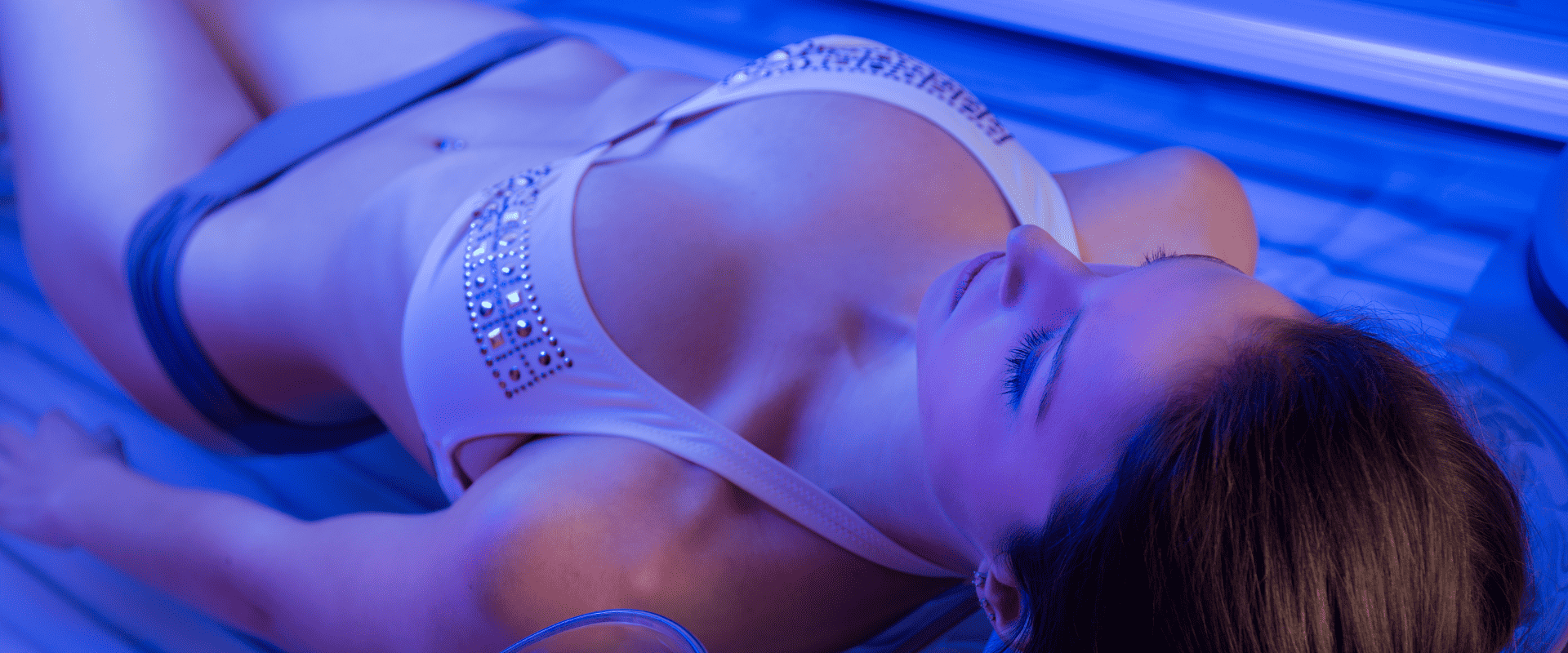
Be Mindful of Tanning
Indoor and outdoor tanning significantly increase the risk of skin cancer.
It's crucial to understand the dangers associated with tanning and adopt safer alternatives:
- Avoid tanning beds: Indoor tanning beds emit concentrated UV radiation, which can be even more harmful than natural sunlight.
- Embrace sunless tanning products: Use self-tanning lotions, sprays, or creams to achieve a sun-kissed glow without exposing your skin to harmful UV radiation.
- Opt for professional spray tans: If you prefer a professional spray tan, ensure that the salon uses a safe, UV-free tanning solution.
Adopt a Healthy Lifestyle
In addition to sun protection, adopting a healthy lifestyle can contribute to overall skin health and reduce the risk of skin cancer:
- Quit smoking: Smoking not only harms your overall health but also increases the risk of developing certain types of skin cancer.
- Eat a balanced diet: Incorporate a variety of fruits, vegetables, whole grains, and lean proteins into your diet to provide your skin with essential nutrients.
- Stay hydrated: Drink an adequate amount of water daily to maintain skin hydration and overall health.
- Stay vigilant about medications: Some medications can increase your skin's sensitivity to the sun. Consult your healthcare provider about any potential side effects and take necessary precautions.
Preventing skin cancer requires proactive measures and a commitment to sun protection and healthy lifestyle choices.
By understanding the risk factors, practicing sun protection, avoiding tanning, performing regular self-examinations, and adopting a healthy lifestyle, you can significantly reduce your risk of developing skin cancer.
Remember, prevention is key when it comes to safeguarding your skin and ensuring its long-term health.
More Skin Tips.
CoreBodi
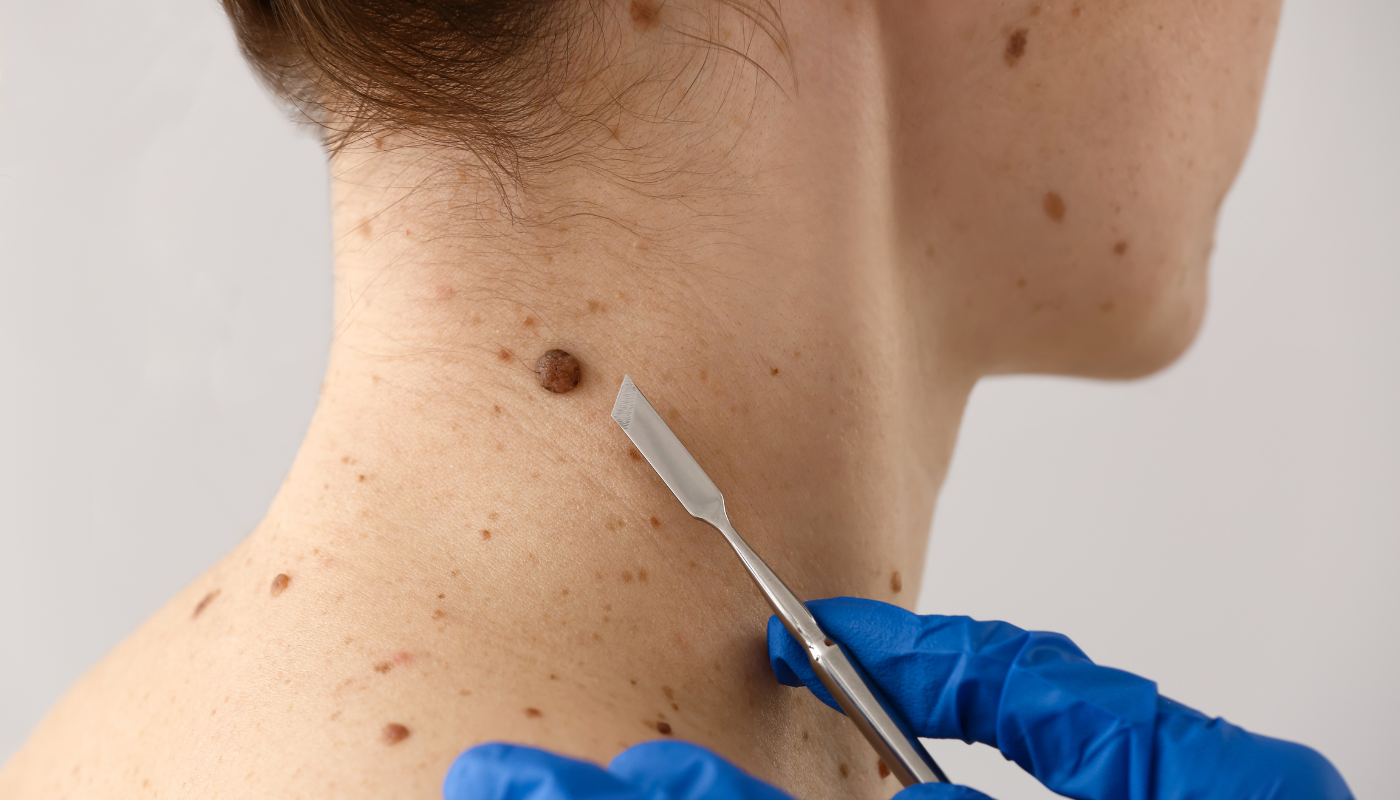


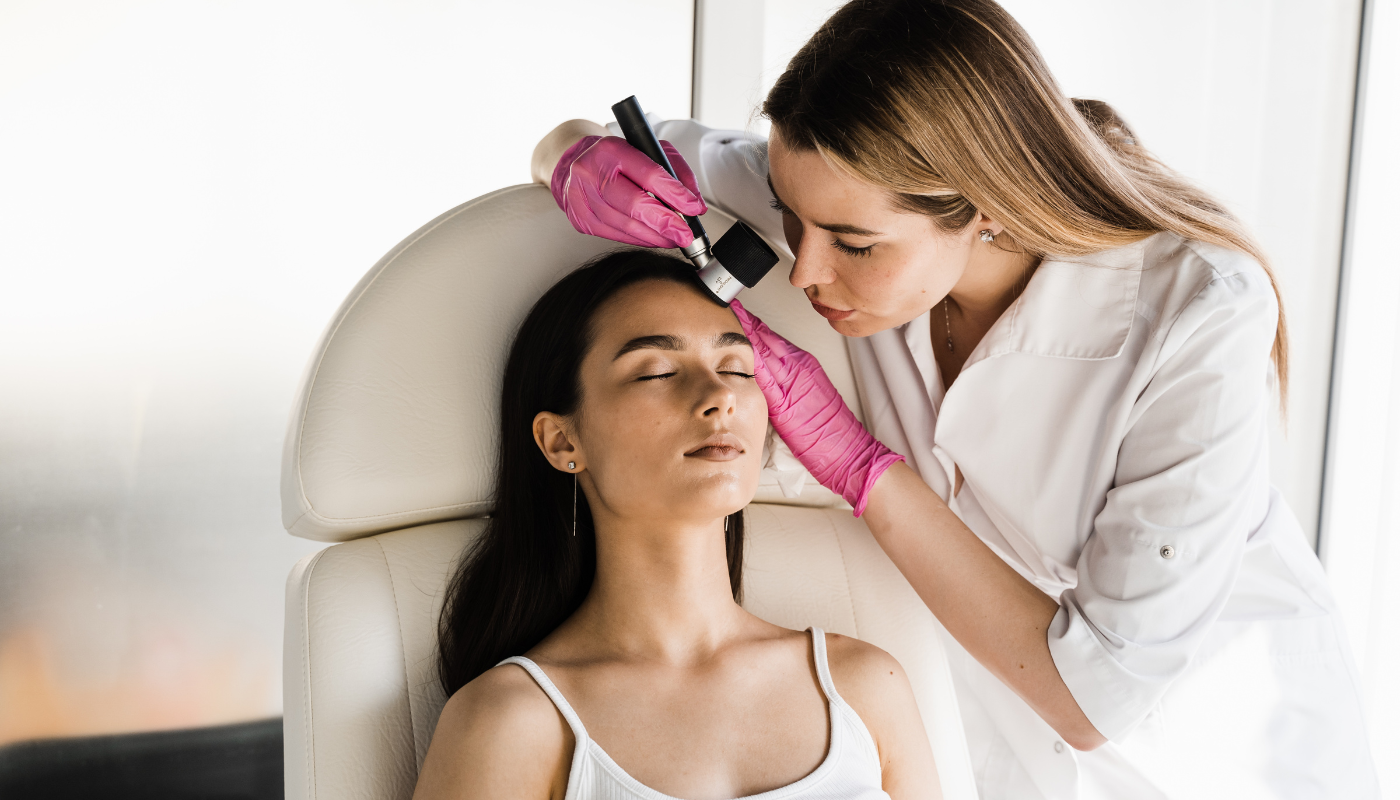
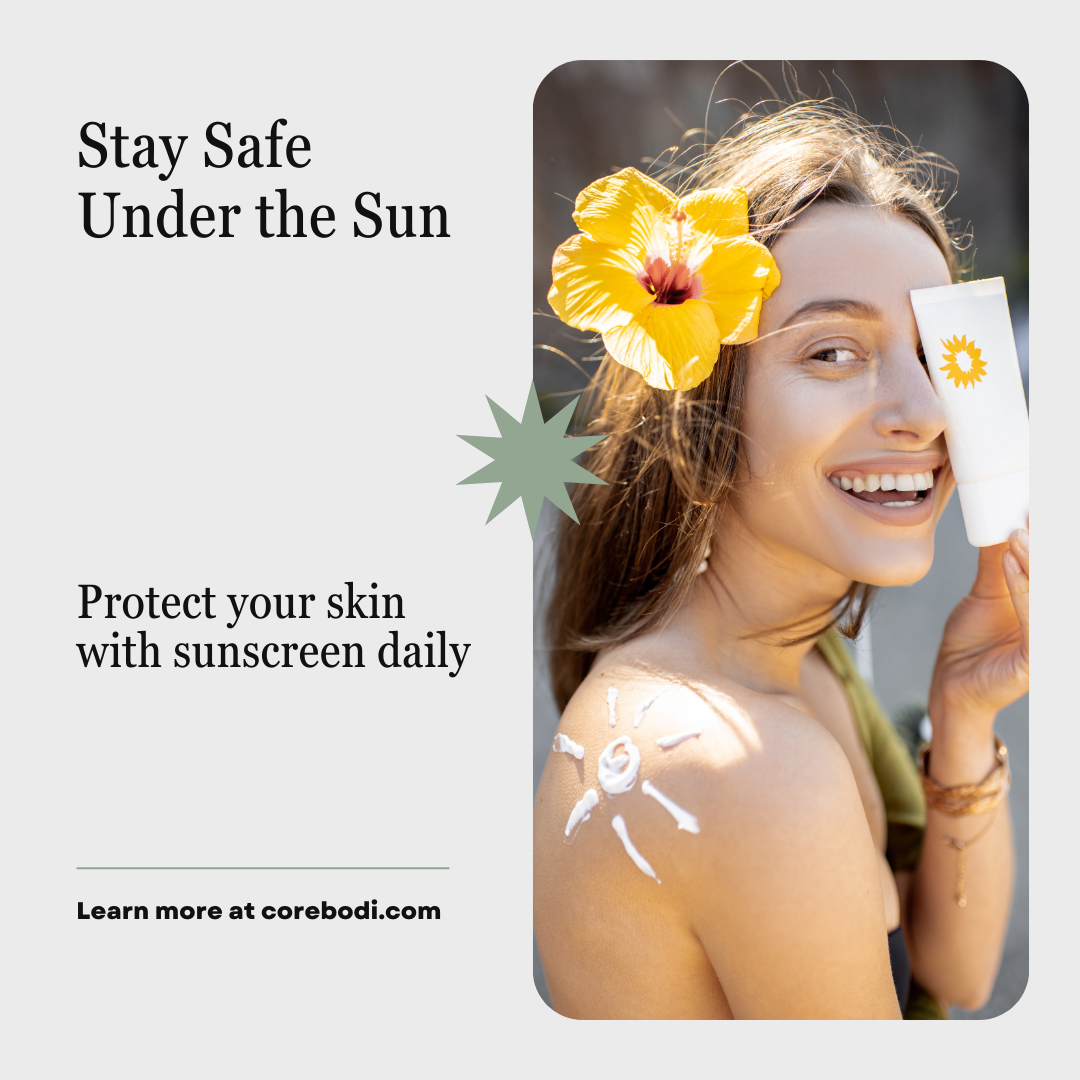

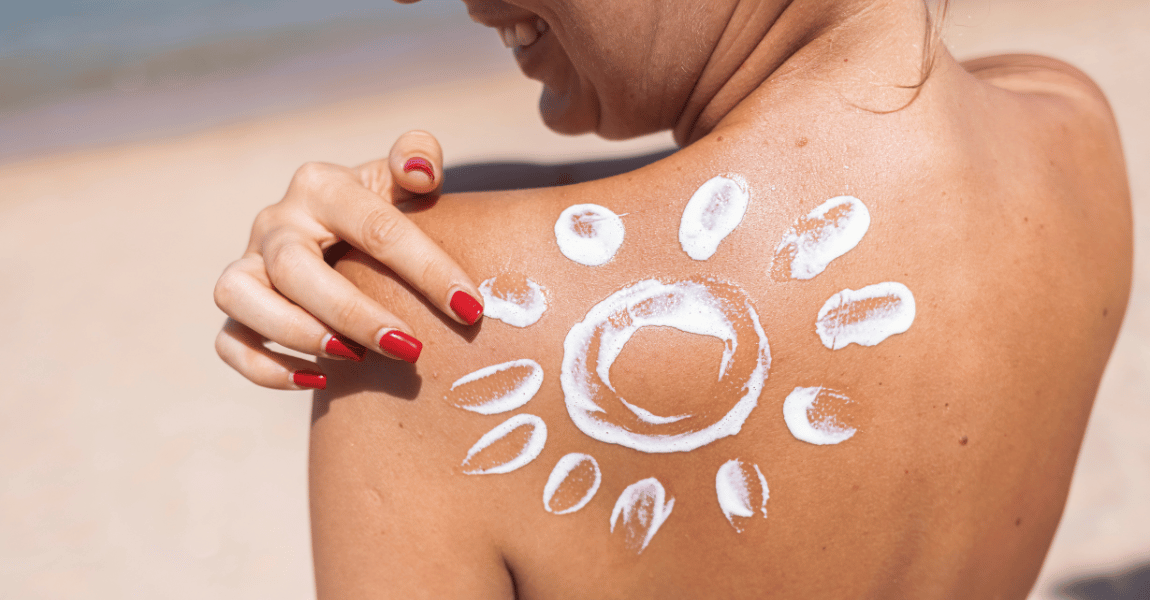

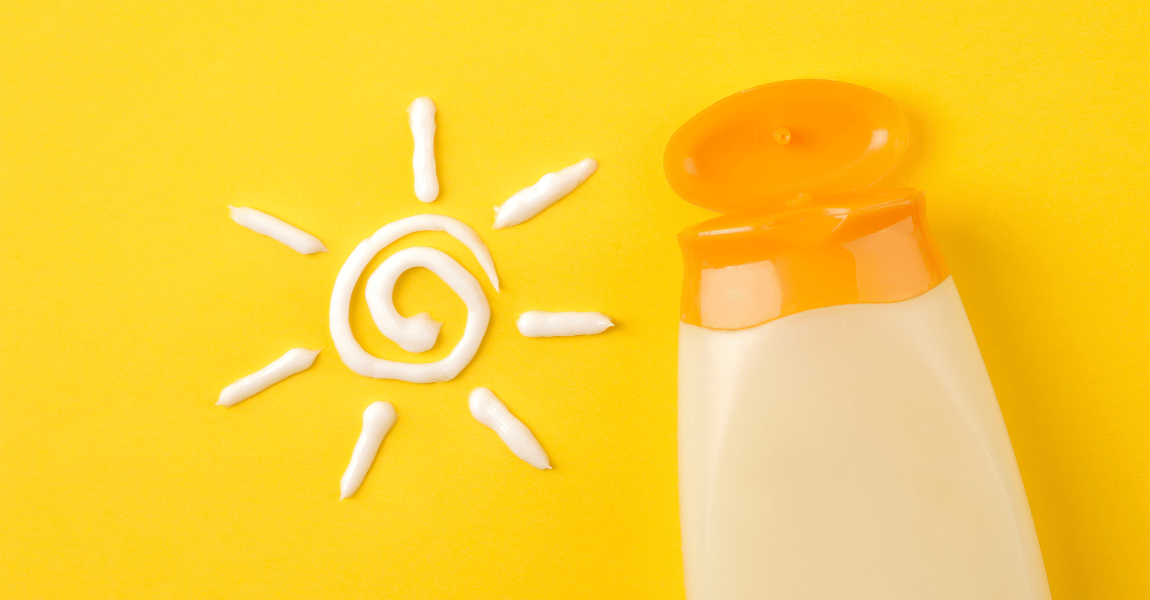
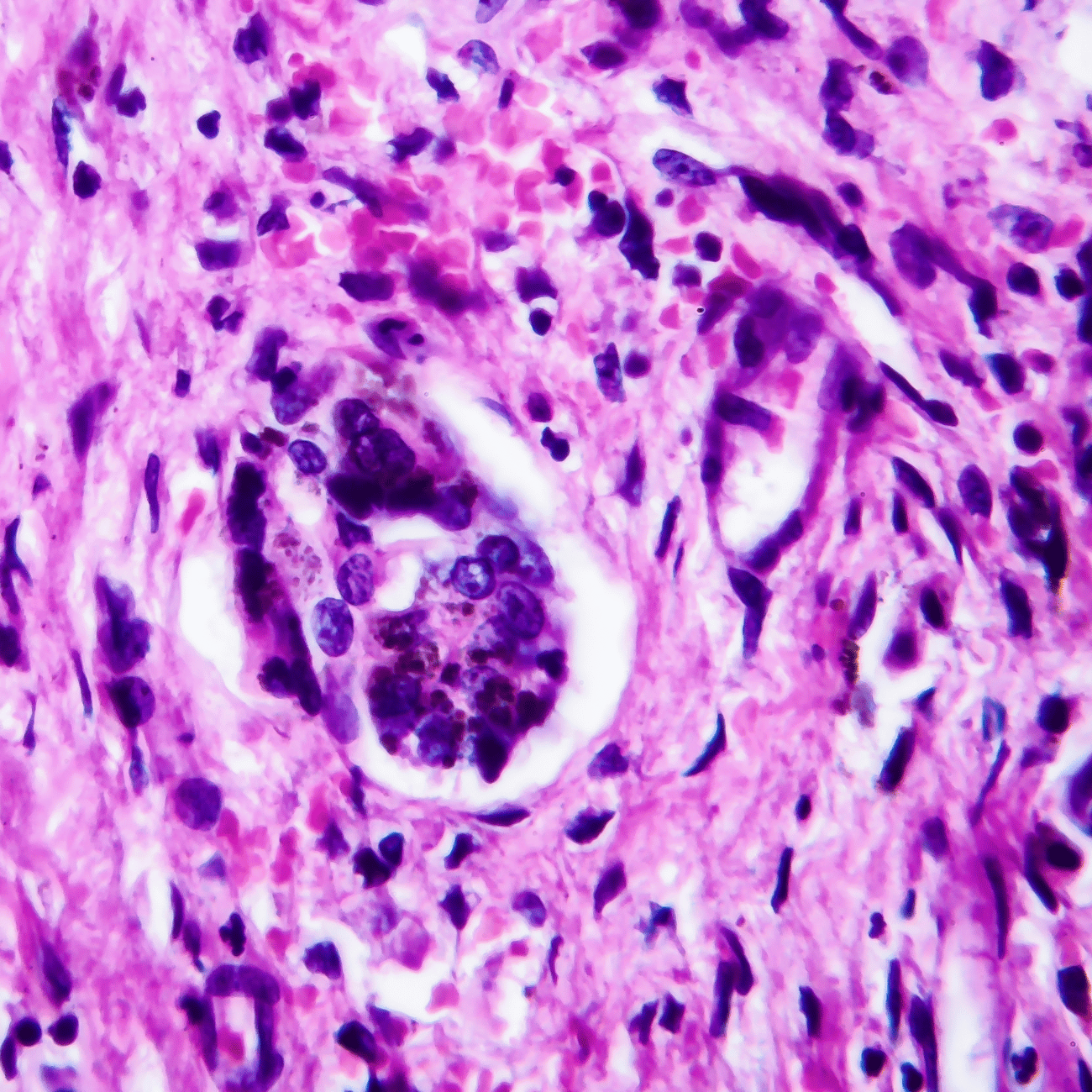
| Powered by Kaptol Media


